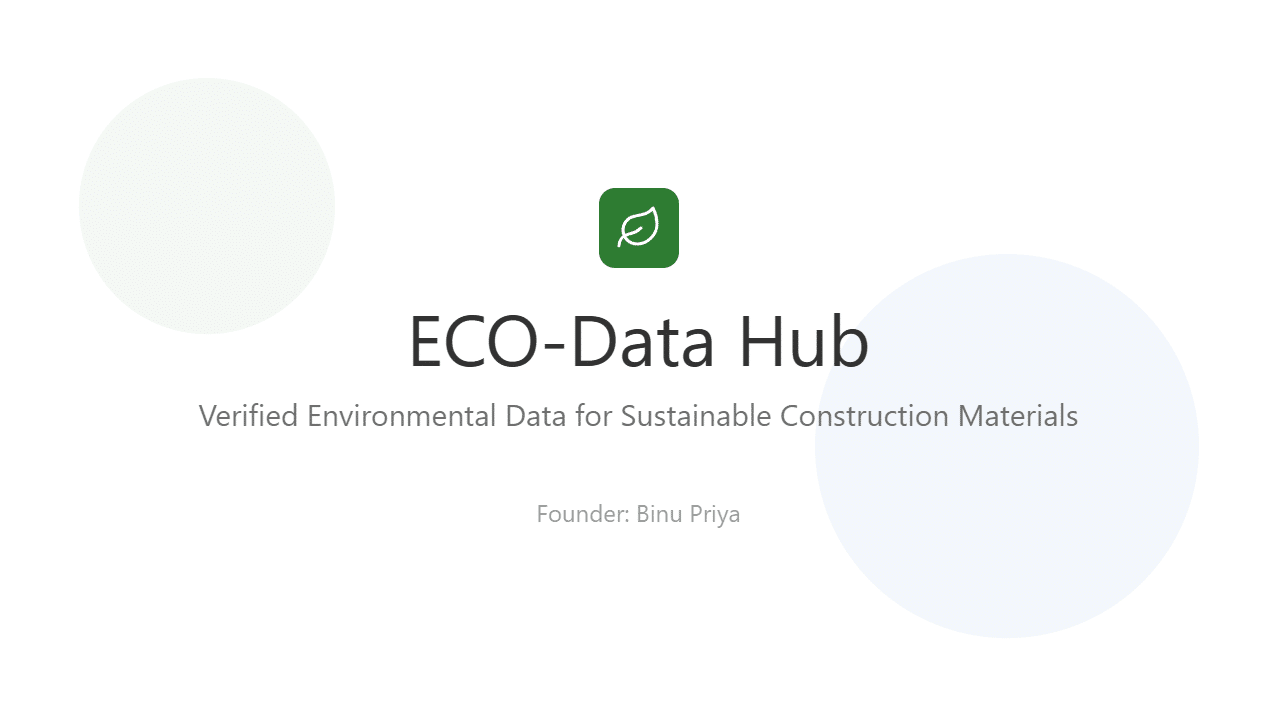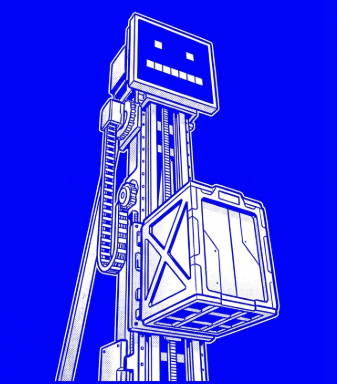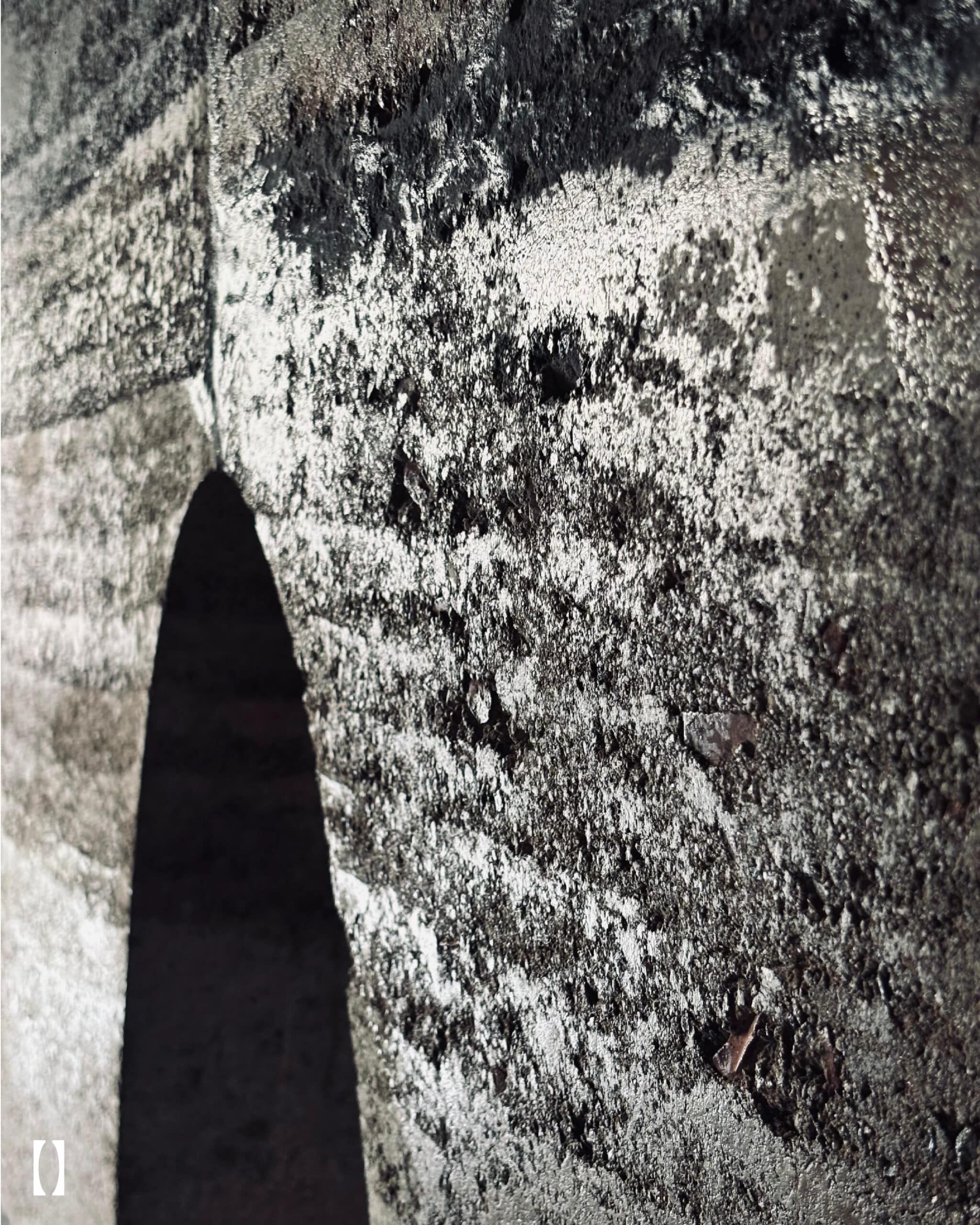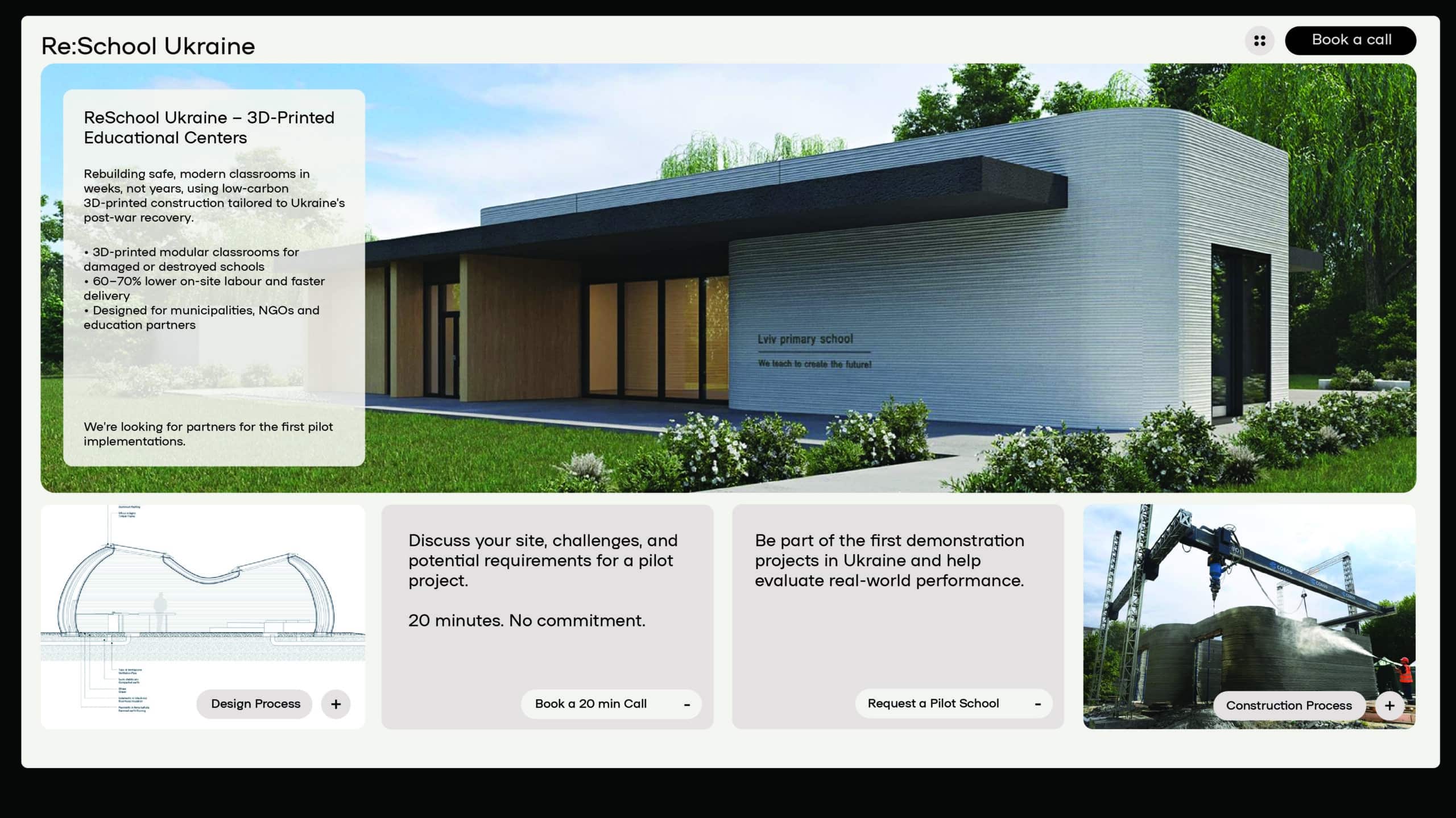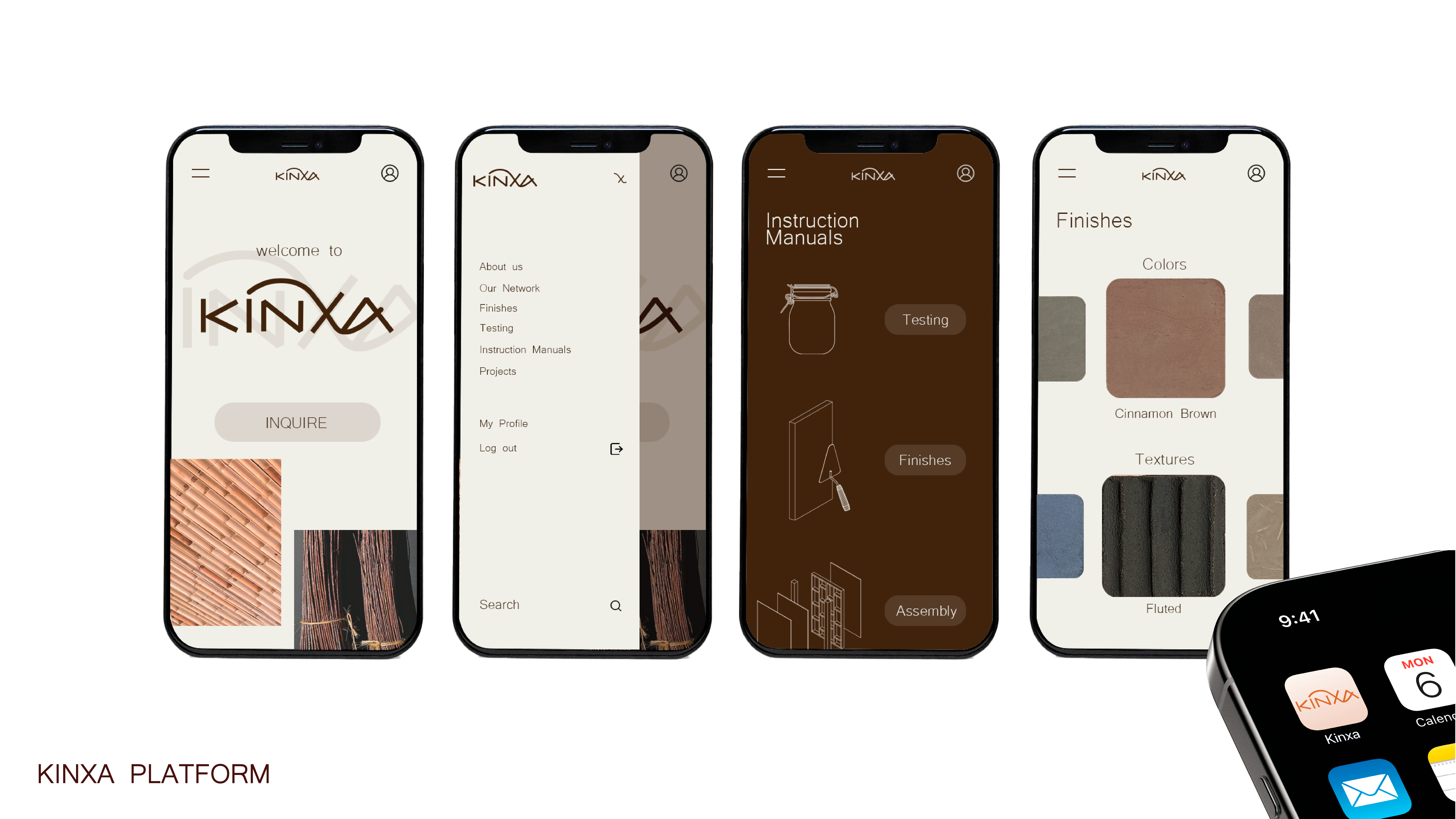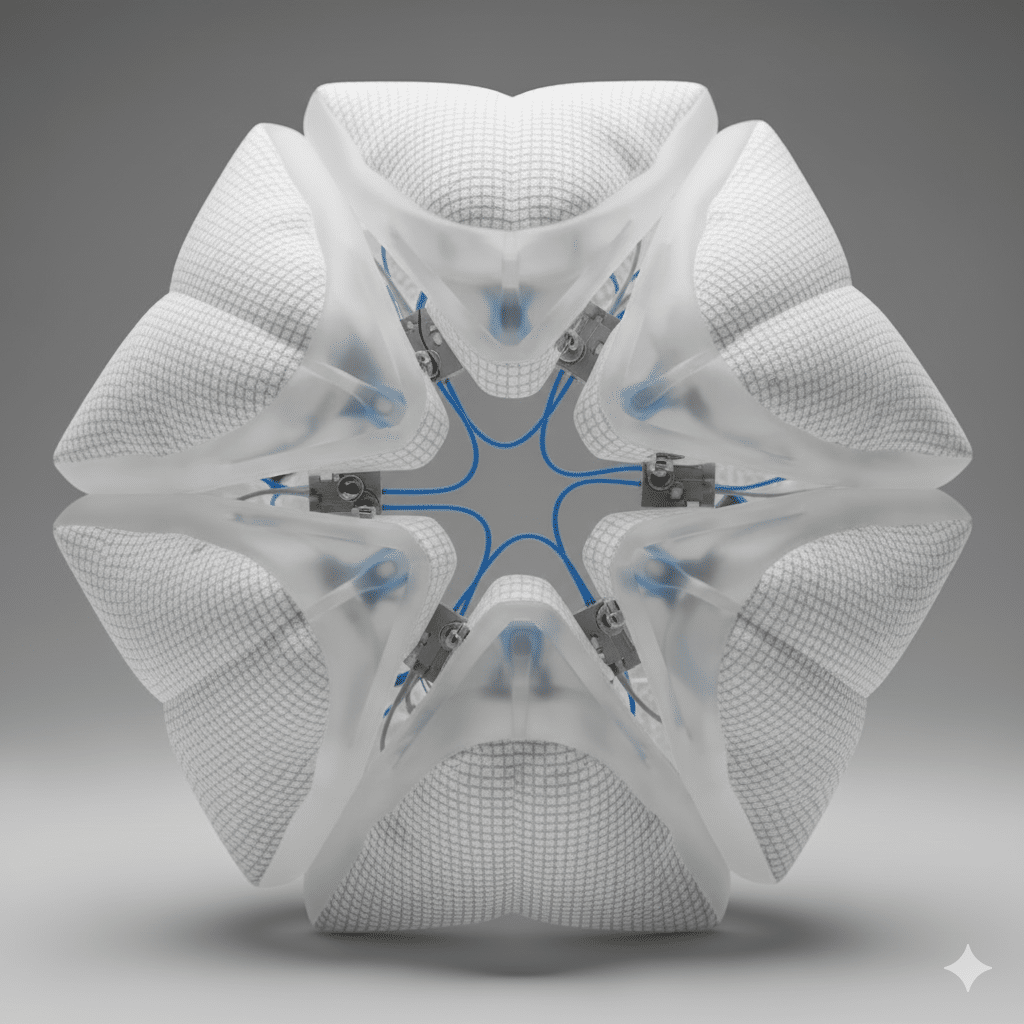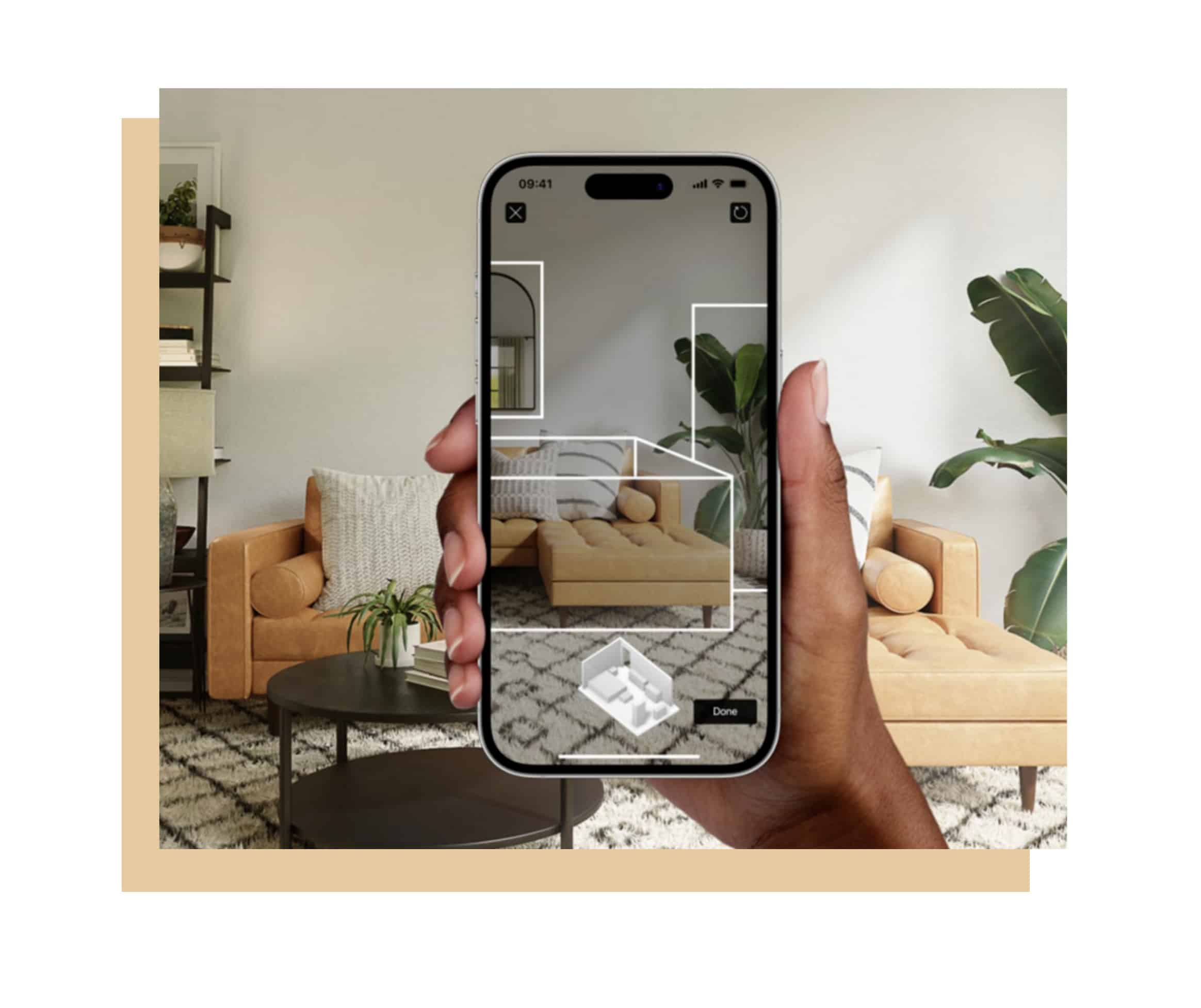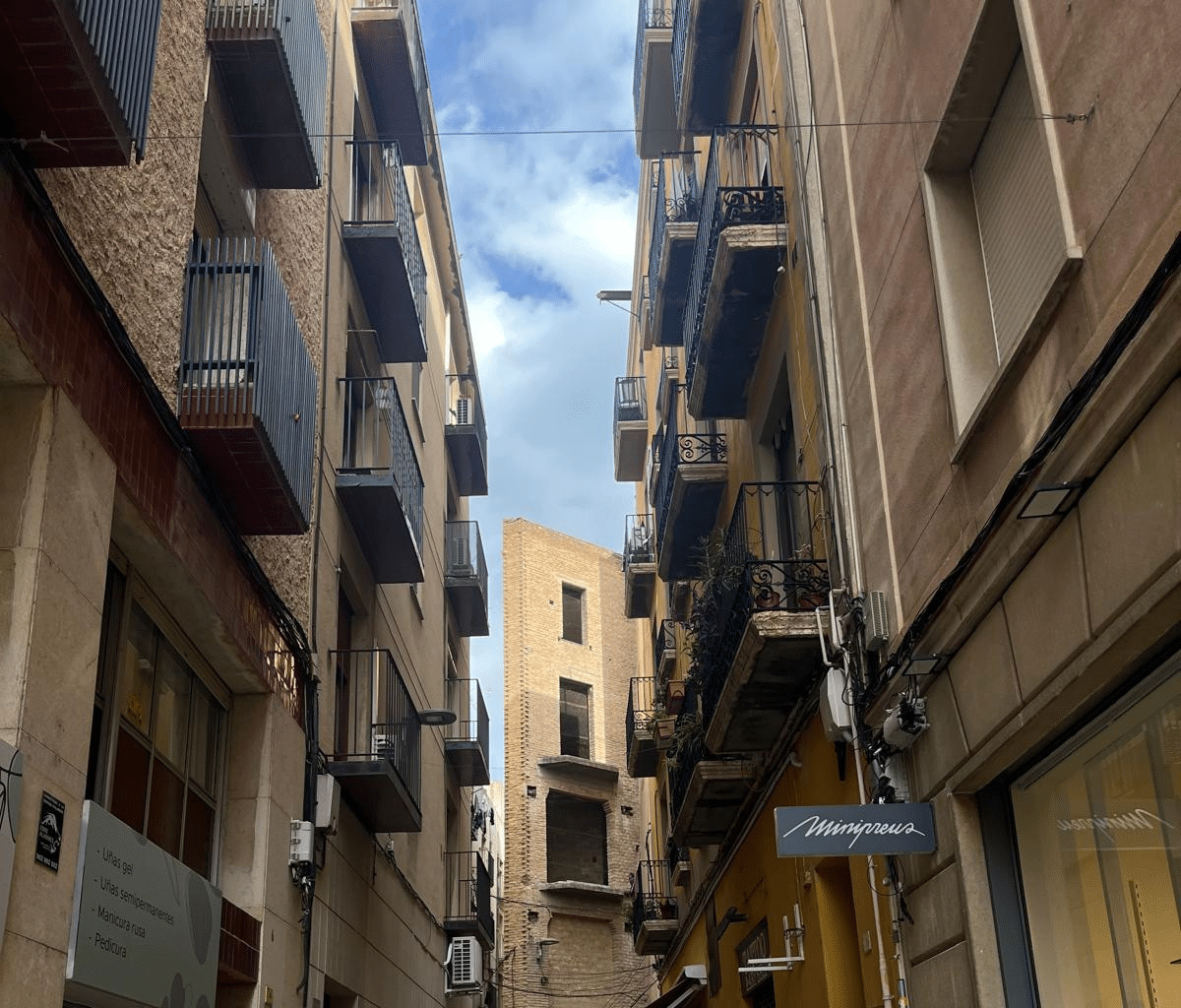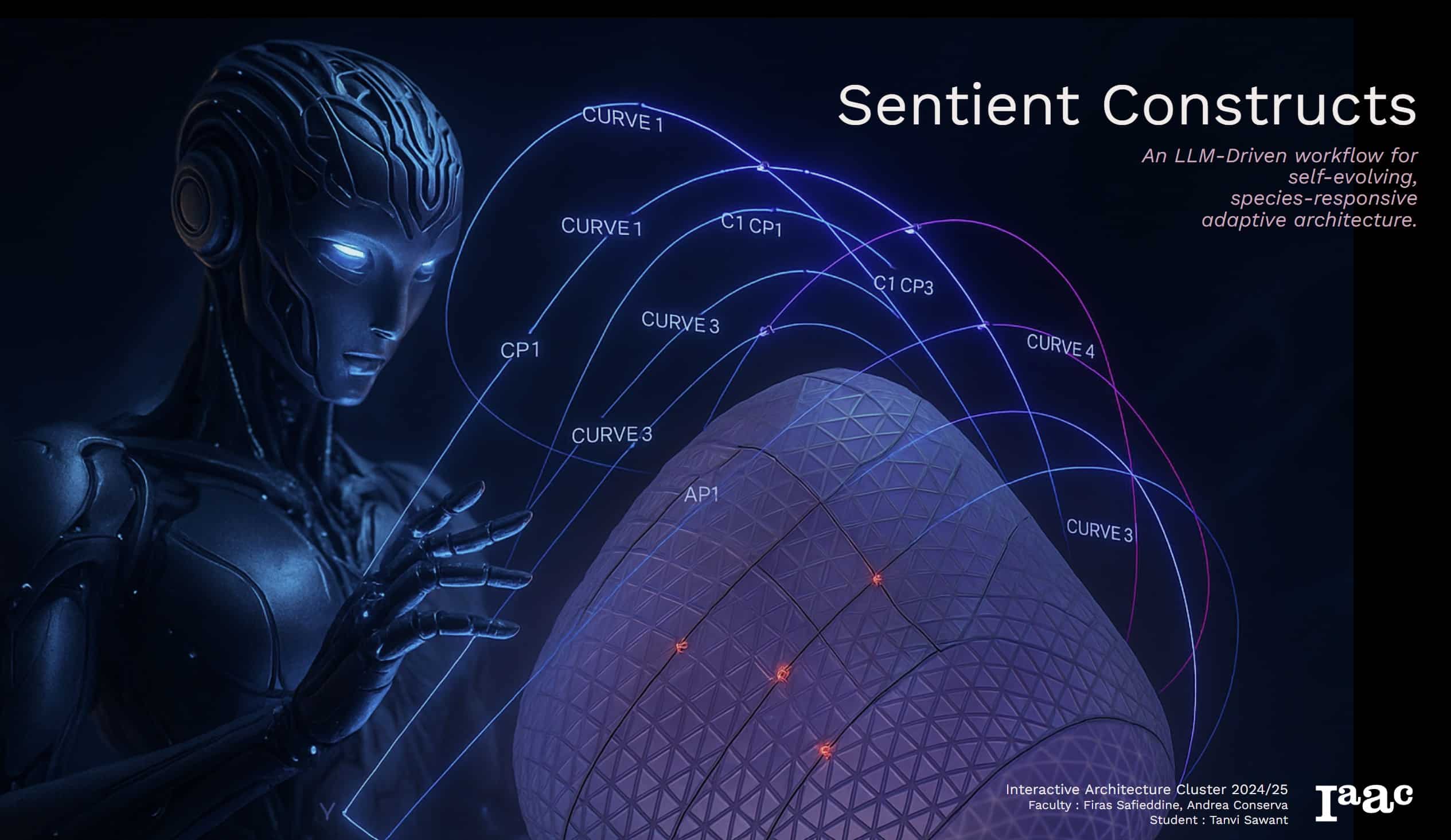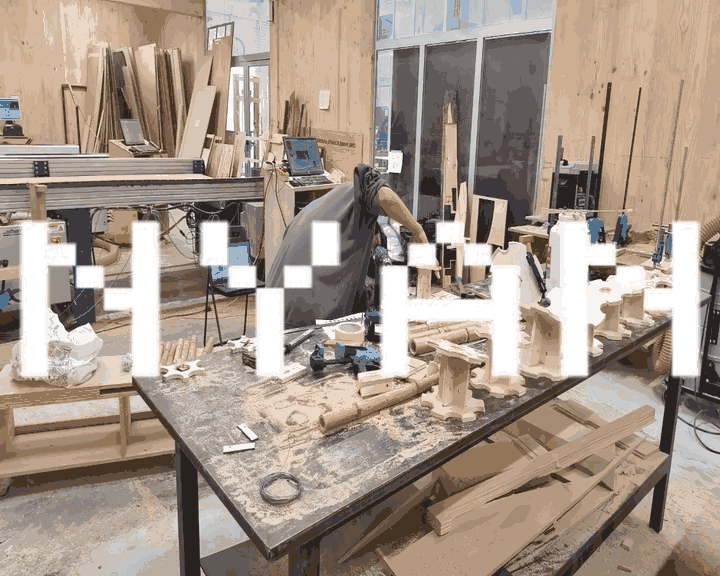Reviving Bab Al-Luq
Reviving Bab Al-Luq is a project of IAAC, Institute for Advanced Architecture of Catalonia developed in the MACAD 2025/26 by Zeynep Sezen Dursun and Faculty: Hesham Shawqy and Angeliki Maragakis. Inspiration & Design Decisions This project aims to explore light and computational architectural design concerning the illumination, ventilation, and attraction in the design of the … Read more



